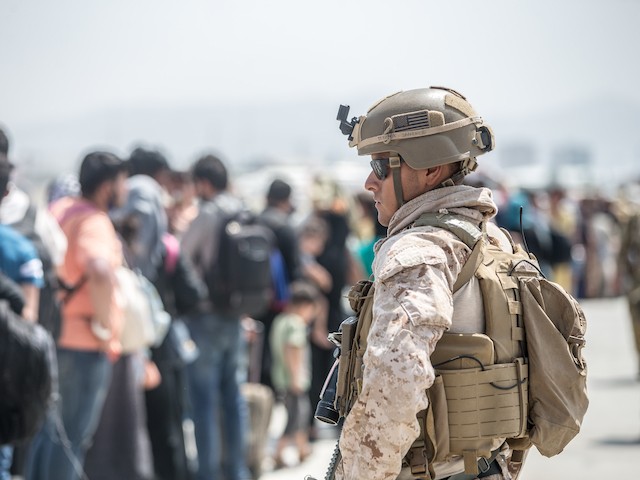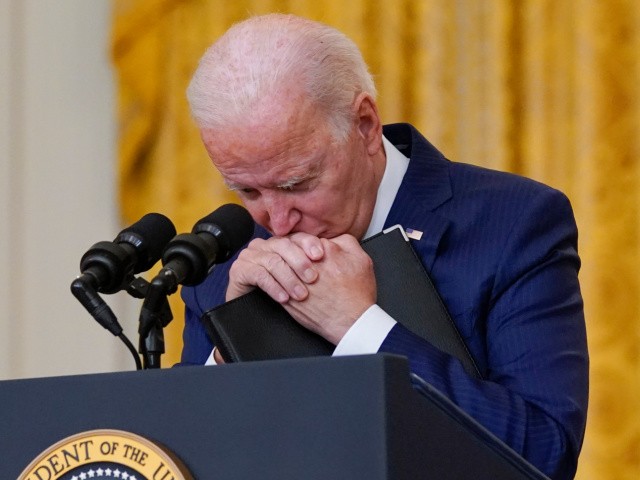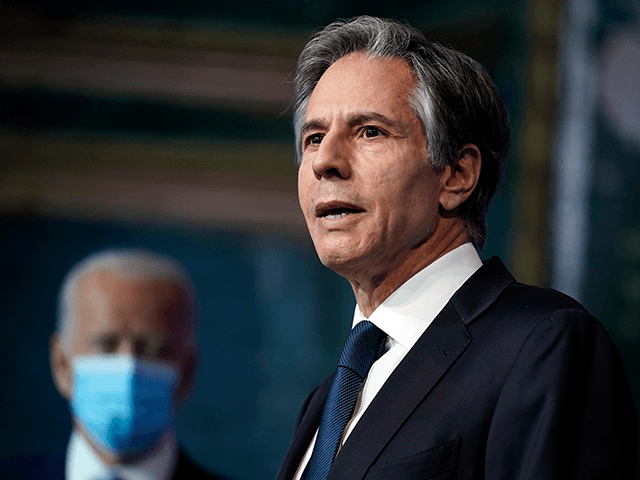As the Taliban poured into the city of Kabul in their conquest of Afghanistan, Secretary of State Antony Blinken was reportedly vacationing in the Hamptons.
According to a detailed report in The Washington Post outlining the fall of Afghanistan, top Washington officials did not regard the Taliban as a significant threat to Afghanistan’s security well into August. On the eve of the terrorist-linked group’s conquering of Kabul, Blinken was vacationing in the Hamptons while Biden was at Camp David. From the report:
In June, U.S. intelligence agencies had assessed that the Afghan government would hang on for at least another six months. By August, the dominant view was that the Taliban wasn’t likely to pose a serious threat to Kabul until late fall.
American officials may have been urging Ghani to show greater urgency. But their own actions suggested no immediate cause for alarm, with officials surrendering to the customary rhythms of Washington in August.
On the Friday afternoon before Kabul fell, the White House was starting to empty out, as many of the senior staff prepared to take their first vacations of Biden’s young presidency. Earlier in the day, Biden had arrived at Camp David, and Secretary of State Antony Blinken was already in the Hamptons.
But by Saturday, the fall of Mazar-e Sharif — site of furious battles between pro and anti-Taliban forces in the 1990s — convinced U.S. officials that they needed to scramble. How quickly was a subject of dispute between the Pentagon and State Department.
Well into Sunday, White House press secretary Jen Psaki’s email had an “Out of Office” auto-reply, directing reporters to speak with deputy press secretaries Karine Jean-Pierre, Christopher Meagher, or Andrew Bates. One day later, President Joe Biden and Jen Psaki returned from their respective vacations to speak with reporters about the unfolding crisis in Afghanistan.

A Marine with Special Purpose Marine Air-Ground Task Force-Crisis Response-Central Command (SPMAGTF-CR-CC) provides assistance during an evacuation at Hamid Karzai International Airport, Kabul, Afghanistan, Aug. 22. U.S. service members are assisting the Department of State with an orderly drawdown of designated personnel in Afghanistan. (U.S. Marine Corps photo by Sgt. Samuel Ruiz).
After the fall of Kabul, President Biden told George Stephanopoulos that the fall of Afghanistan was inevitable, which seemingly contradicted statements he made in July coupled with the fact he and his staff were on vacation just days prior to the Taliban’s takeover.
“We’re going to go back in hindsight and look, but the idea that somehow, there’s a way to have gotten out without chaos ensuing, I don’t know how that happens,” he told Stephanopoulos.
“So, for you, that was always priced into the decision?” asked Stephanopoulos.
“Yes,” replied Biden.

President Joe Biden pauses as he speaks about the bombings at the Kabul airport that killed at least 12 U.S. service members, from the East Room of the White House, Thursday, Aug. 26, 2021, in Washington. (AP Photo/Evan Vucci)
However, in July, Biden told reporters the pullout of Kabul would be peaceful and unlike the American withdrawal from Saigon in 1975.

COMMENTS
Please let us know if you're having issues with commenting.